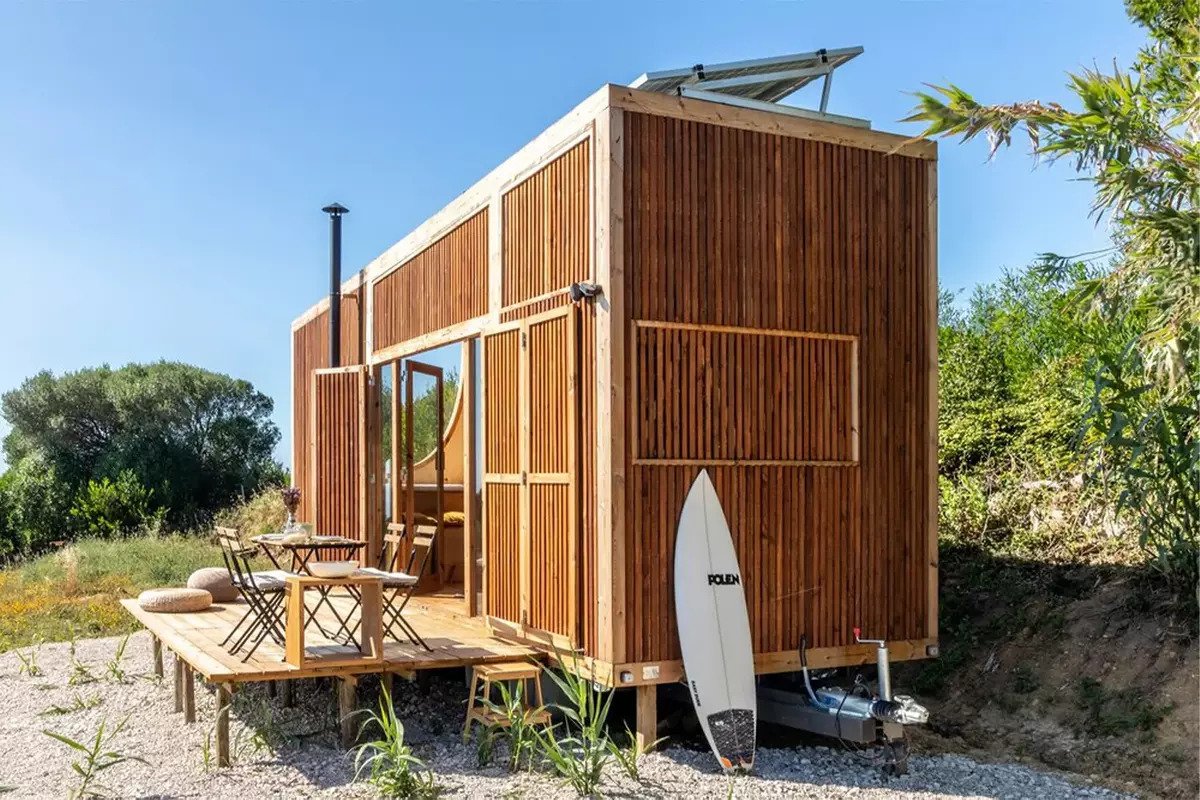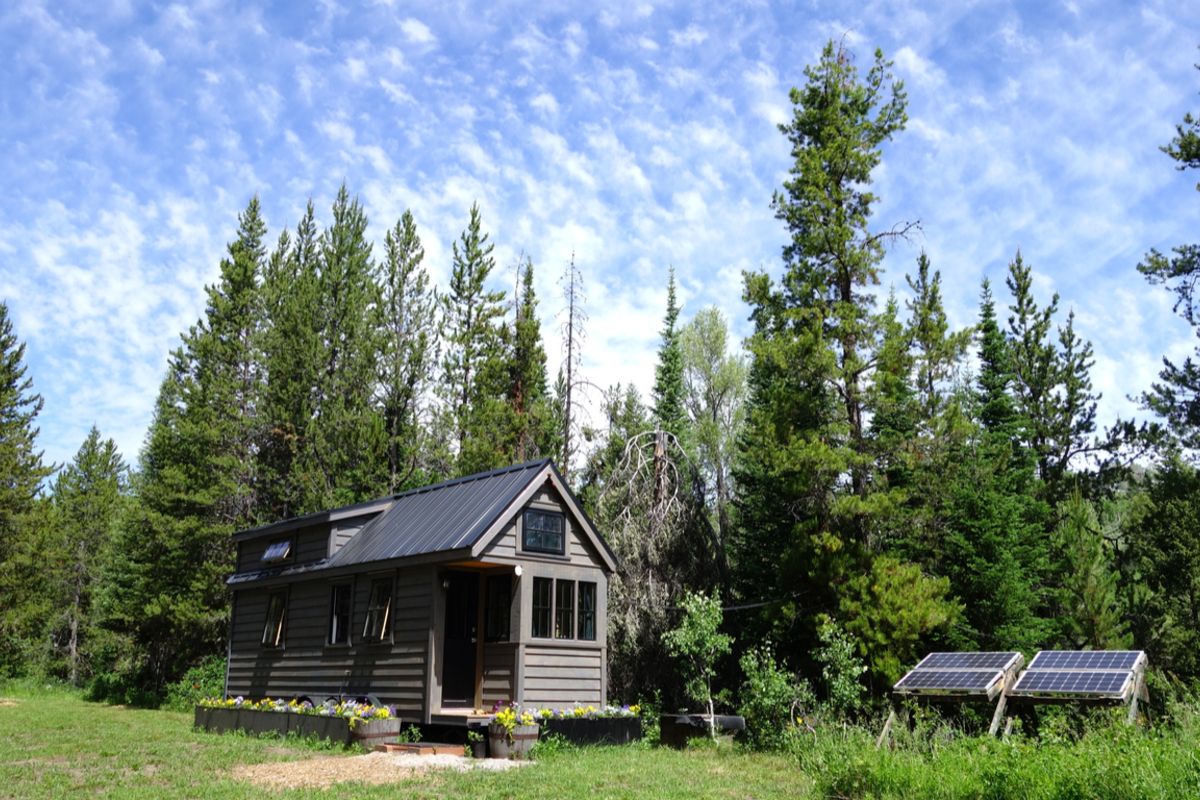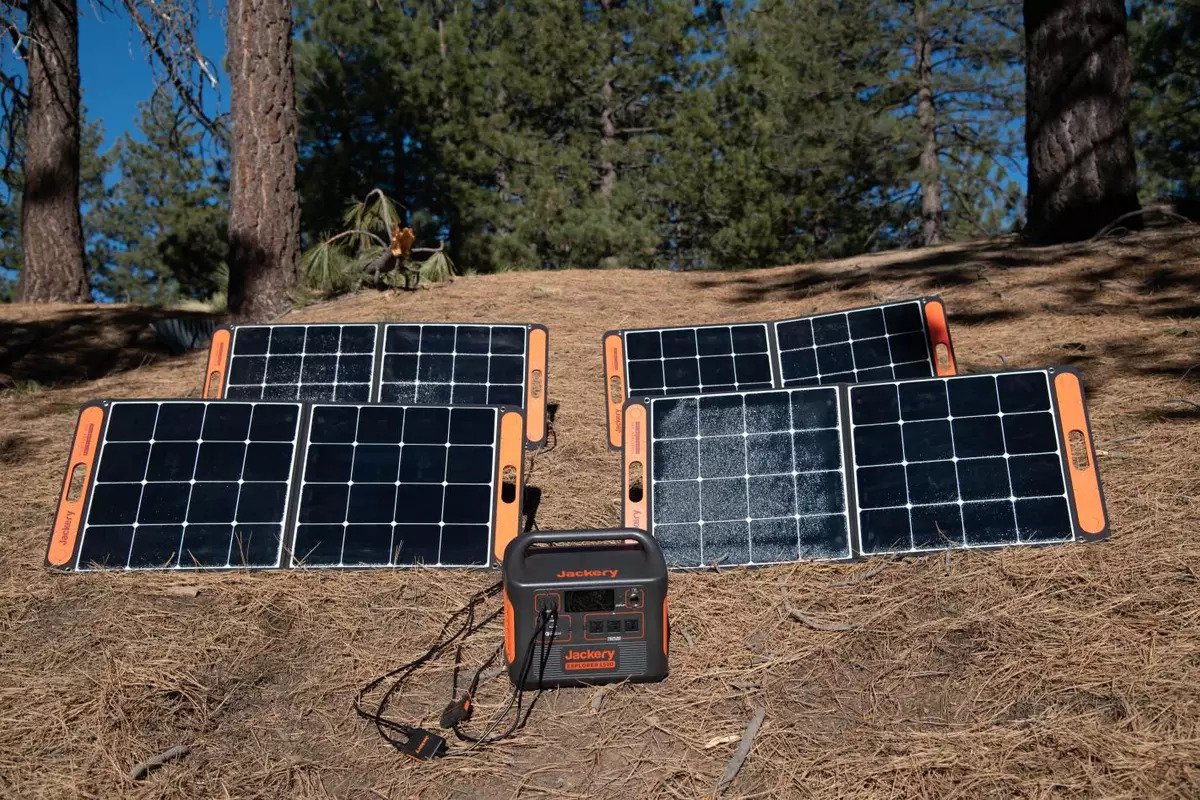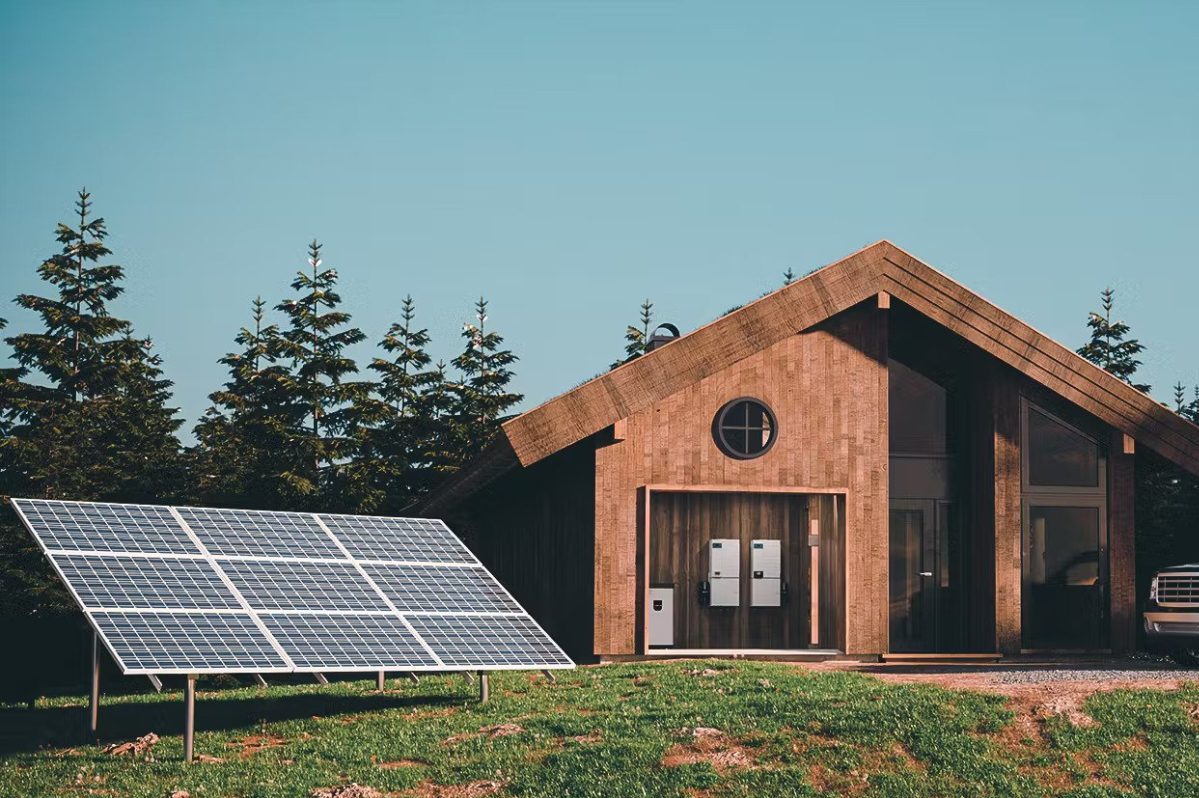Many people desire to live off the grid because it is safe for the environment. Still, there are many places in the world, particularly in remote villages, where there is simply no electrical infrastructure to connect to.
Renewable sources are the best and possibly the only method to generate electricity. According to the World Atlas, 1.2 billion people in the developing world, or over 65 percent, still live in homes without electricity. They lose out on electricity’s numerous social, economic, and technological benefits.
Kerosene generators are commonly used to generate electricity, but they are costly to operate and produce a lot of pollution. Utilizing renewable energy sources like wind, solar, hydro, or geothermal generators, which can offer a stand-alone power system for dependable and affordable electricity, is a much better method to generate electricity.
Because the communities are too far from the national electric grid to connect, there is no access to energy in rural areas of India and Africa. Solar power is currently being offered in Ikisayna, Kenya, as part of a pilot initiative.
The University of Oslo researchers created an energy center offering essential electrical and lighting services to the neighborhood. The energy center provides computer services, mobile device charging, and lamp lending, according to a ScienceNordic article.

Sustainable Outback
Being off the grid is the only choice in some outback Australian communities. According to Cnet, diesel generators used to be the main source of electricity for most communities, but that is now changing.
A new initiative exists in a mining community Coober Pedy located 1,700 kilometers west of Sydney and surrounded by an arid landscape.
With summertime highs over 40 degrees Celsius, Coober Pedy’s weather is so extreme that its inhabitants are forced to live underground. However, the community is now capitalizing on its hostile surroundings.
Currently, renewable energy supplies about 70 percent of the town’s energy requirements. They can now rely on their diesel power plant as a fallback.




